Science, environmental issues, and elections are all headlines topics these days, and this week's digest shares ways to get insights into these areas from experts. And we also mark a pair of newsworthy celebrations: Hispanic Heritage Month and Smithsonian magazine's 50th year.
They're among the offerings designed to make sure you continue to enjoy what you've come to value from Smithsonian Associates: programs and experiences that are entertaining, informative, eclectic, and insightful.
Elections That Changed America
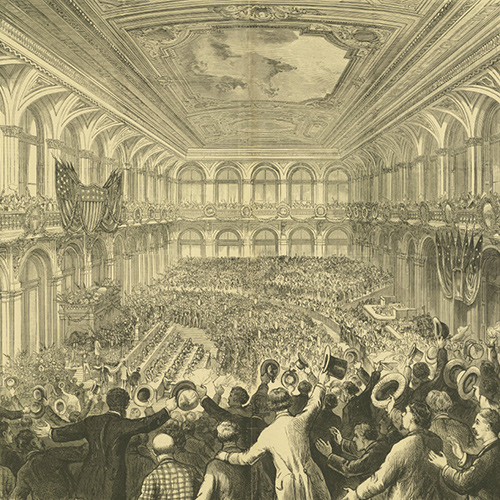
The United States has held 57 presidential elections since the first in 1789, and voters have been invariably informed that the current one is "the most important ever." But some elections have proven more significant and historic than others and led to landmark political changes. And several had contested results in which the winner remained in doubt weeks after the ballots were counted. As the 2020 presidential election draws closer, historian Ralph Nurnberger looks back at four of the most memorable 19th- and 20th-century contests in a pair of daytime Smithsonian Associates Streaming programs on Monday, October 19 and 26. Whether an afterthought or part of carefully calculated balancing act, the selection of a presidential running mate carries an undeniable impact on both a campaign and an administration. In a program on Wednesday, October 28, Nurnberger examines the shifting criteria used to fill the number-two spot on the ticket and how some vice-presidential choices have changed the course of history.
Presidential Elections of 1800 and 1876
Choosing a Vice President
Music and the Mind
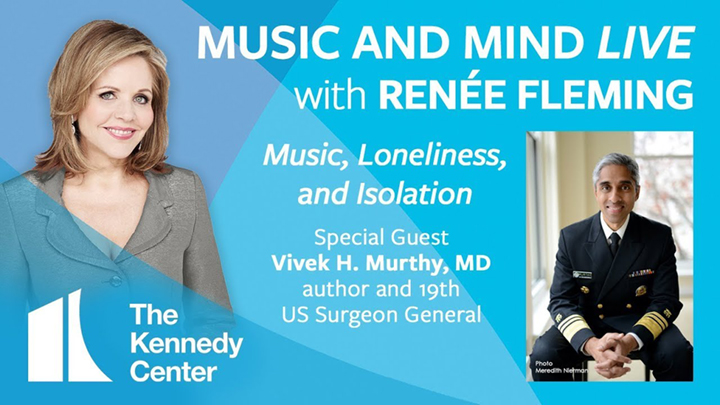
A series of webinars titled Music and Mind Live with Renée Fleming features the acclaimed singer and arts and health advocate in conversation with scientists and practitioners working at the intersection of music, neuroscience, and healthcare. Fleming was inspired to launch the online video series by the Sound Health initiative she spearheads as artistic advisor to the John F. Kennedy Center for the Performing Arts in partnership with the National Institutes of Health and the National Endowment for the Arts. The weekly Wednesday series began in mid-May-with topics ranging from using music for health and wellbeing during COVID-19 to an at-home musical tool kit for children to an exploration of music and dance and Parkinson's-and all episodes are archived. If you'd like to hear more from one of Fleming's guests in Episode 4, Deepak Chopra, you can join him in a Smithsonian Associates Streaming Program on Tuesday, September 29.
Watch an Episode
Happy 50th, Smithsonian Magazine!
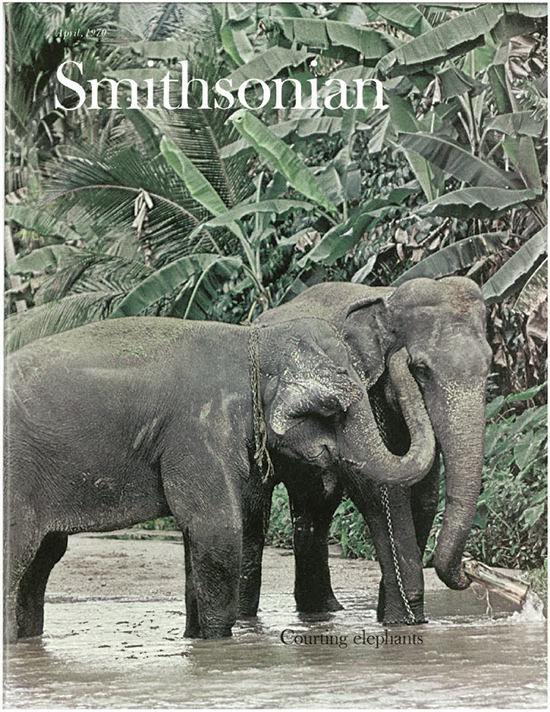
Smithsonian magazine was launched in the spring of 1970-as was the first Earth Day-and from the start it has been a trusted go-to source on the natural world and environmental issues. Celebrate the magazine's milestone by revisiting some of its first articles about how we understand planet Earth. On Friday, September 25, Smithsonian senior editor Jennie Rothenberg Gritz moderates a Smithsonian Associates Streaming program that brings together the experts who brought these stories to life. They include wildlife photographer Neil Ever Osborne; Jessie Creamean, an atmospheric scientist; Sateesh Venkatesh, a National Zoo-affiliated scientist; and marine biologist Daniel Pauly. And to understand the scope of what scientists and the global community have done to take environmental action for the planet in the past half century, take a look at Smithsonian's compilation of "Fifty Things We've Learned About the Earth Since the First Earth Day."
Register for the Program
50 Things We've Learned Since the First Earth Day
Latino Portraits
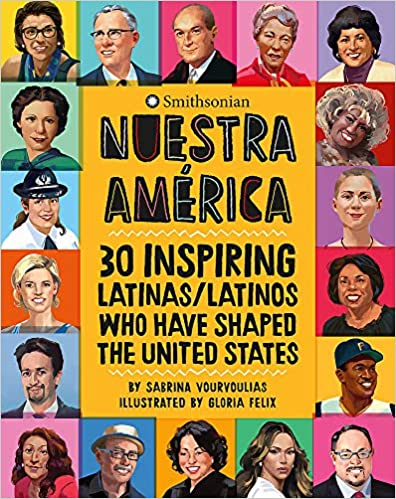
The Smithsonian Latino Center recently kicked off Hispanic Heritage Month with the release of Nuestra América, an illustrated bilingual book for young people that spotlights the stories of 30 Latinas and Latinos who have shaped our nation's cultural, social, and political character-from Cesar Chavez to Celia Cruz, Sonia Sotomayor to Robeto Clemente. The book also provides the content for a Smithsonian Learning Lab for middle school and high school students interested in Latino culture. And through the end of October, children 3 and up and their families can join a National Portrait Gallery educator for weekly online Young Portrait Explorers story hours that introduce several of the subjects of Nuestra América.
Learning Lab - Nuestra América
NPG Family Programs
A Digital Dive in 3D
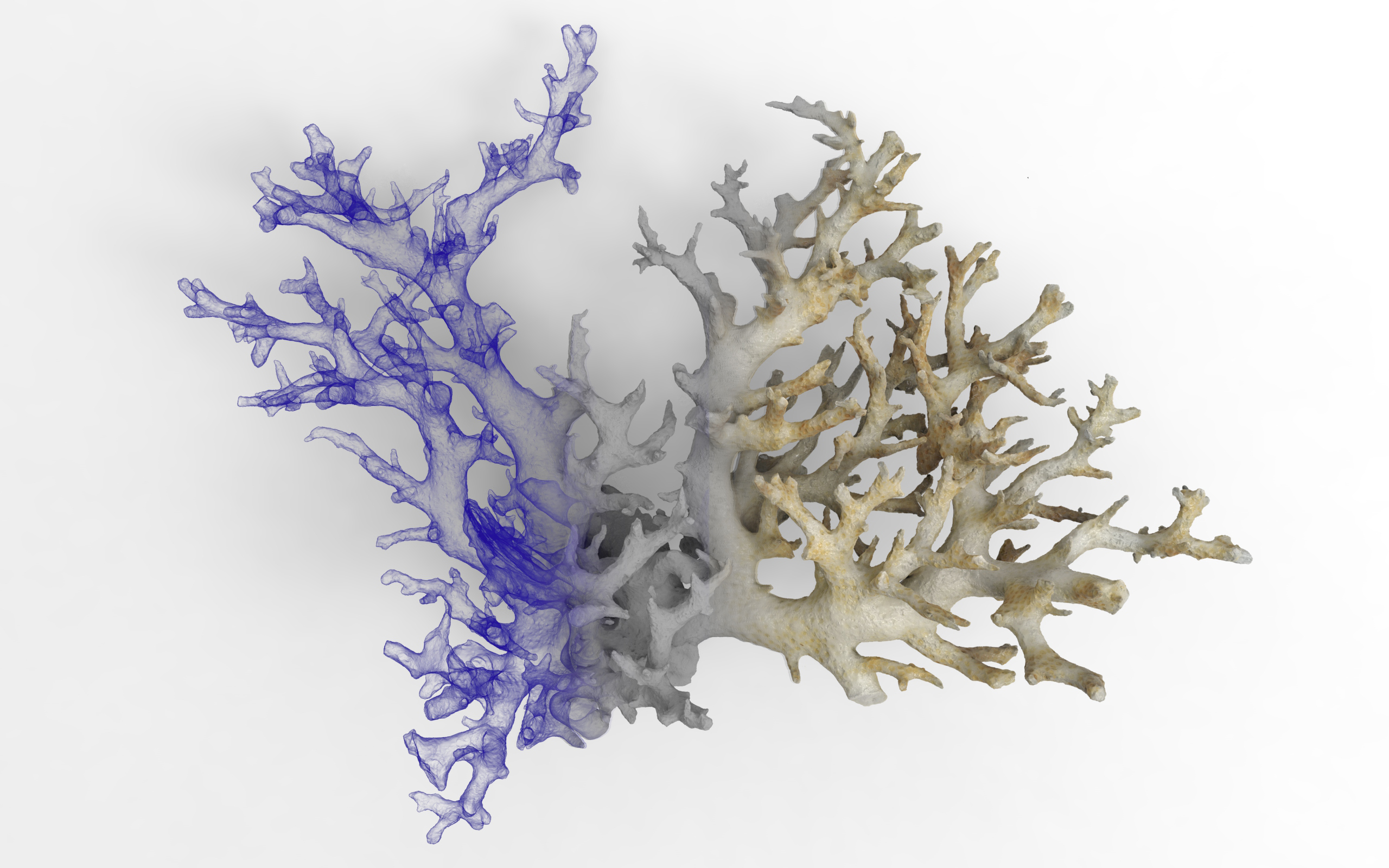
The Smithsonian's Digitization Program Office and National Museum of Natural History, in collaboration with The Hydrous, have unveiled a new project aimed at igniting discovery through digitization. Anyone with Internet connection can access the Coral Collection to discover and explore beautiful and fascinating coral ecosystems. It offers more than 100 high-resolution 3D scans of specimens, including corals and reef dwelling species, curated through an interactive digital platform. The Hydrous is a non-profit whose mission is to create "open access oceans," and their team of marine scientists has developed rich educational content for the project. It's perfect for anyone fascinated by undersea life, as well as students looking for a unique way to augment biology and earth science classes.
Explore 3D Coral